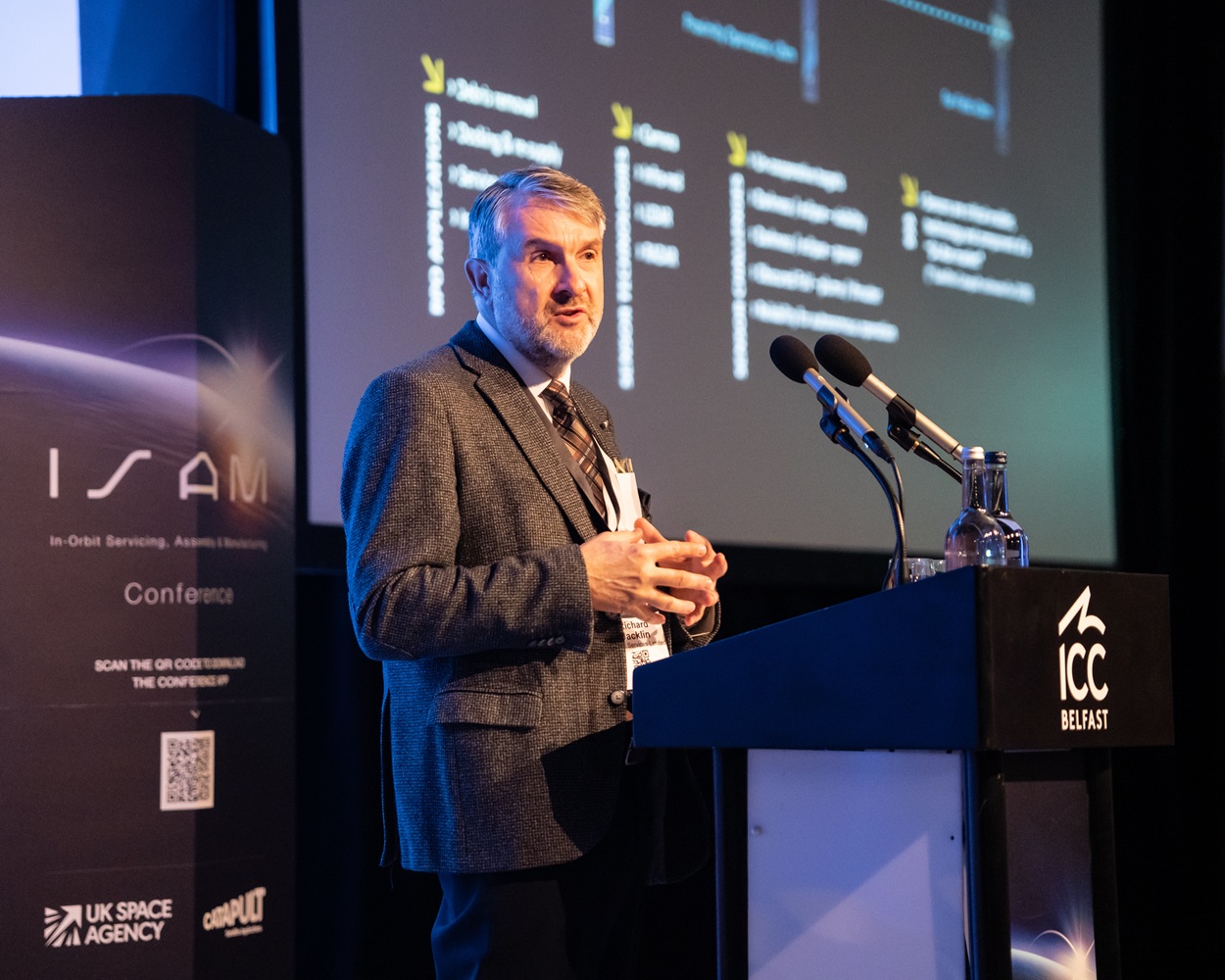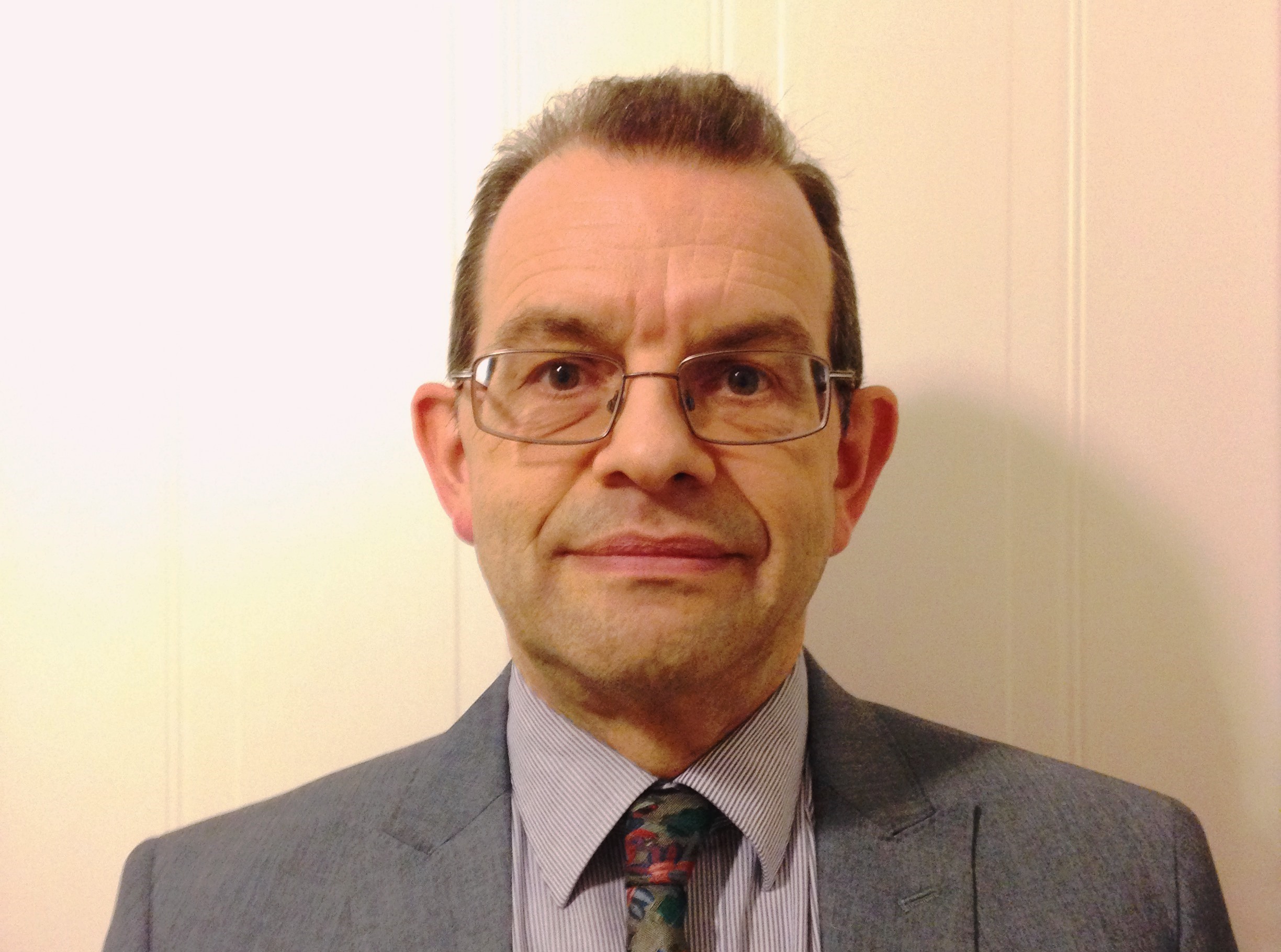Policing transport networks during major events
 Q: Stephen, can you tell us about yourself and your role with British Transport Police?
Q: Stephen, can you tell us about yourself and your role with British Transport Police?
I’m an Assistant Chief Constable with British Transport Police, and Head of Specialist Operations. This role includes our counter-terrorism and major event operations, including big sporting events such as football matches and the Rugby World Cup. I also command our English and Welsh Territorial Policing Areas. I’ve been with British Transport Police for eight years now. Before that, I served with Greater Manchester Police and the Metropolitan Police in London.
Q: Would you say that the policing of sporting events has changed over the last few years?
I would say that it has changed, yes. If you look at the number of reported crimes and incidents, they have decreased over the last five years. In fact, last season there was a 22% decrease in crime since the previous season – that’s 180 crimes, and a 25% reduction in the number of reported incidents – that’s 237 incidents. On the face of it, that’s good news and it shows where we have come from the violence of the 1980s and 1990s But is this a true reflection of what is happening every Saturday on our transport systems as football fans travel to games? My particular remit is policing our transport systems before, during and after major sporting events. The types of offences and incidents we see are changing, and we have a lot to do to address that.

Q: What sorts of offences occur?
First of all, the timing of offences is crucial. Crime and disorder on our railways linked to football events generally start occurring almost immediately after the game has finished, and that can last for up to four hours afterwards, and the peak offending time is around 7pm on a Saturday. Around 62% of offences relate to public disorder: low-level anti-social behaviour through to racist and/or sexist comments. The next highest type of offence is violence – that’s where assault takes place. We’re also now seeing an increase in hate crime: over 50% of hate crime reported last season occurred after the Paris incident. One of the key contributors to all of this is alcohol. Last season, 55% of incidents were related to over-consumption of alcohol.
Q: You’re giving a talk at Transport Security Expo 2015, entitled ‘Policing Football Major Events – Implications for Transport Networks’. Can you share an insight into what you will be covering?
Along with an insight into the main types of offences that occur, I will be posing the question “Do the statistics we see give an accurate reflection of the situation? The fact is, we are seeing a decrease in the number of offences reported, but is the number genuinely falling, or have people simply stopped reporting incidences because they believe nothing can be done about it?
I will highlight a selection of soundbites from members of the public and railways staff who have been affected by the behaviour of football supporters and ask the audience to come to their own conclusion. Their personal reflections on the impact it has on them and how it makes them feel is very interesting, and very telling. Some of the things that the railway staff have to suffer is quite shocking – violence, verbal abuse, even sexual assault. The longer the journey, the worse the situation. More alcohol is consumed, so behaviour degenerates, and the passengers and railway staff feel trapped. In a carriage with a long distance between stations there is nowhere to go.

Q: Why do you think these behaviours prevail at football matches? Do you see this at other sporting events?
 Every sporting event is different – they all attract different crowds. For instance, we don’t see anything like the same level of crime or disorder at rugby matches. The Rugby World Cup has been a great example of this. Aside from the alcohol factor, one of the key drivers is these people’s belief that they will remain anonymous – their behaviour will remain unchallenged and they don’t face any sanctions. To them, they are just having fun; it’s a day out with ‘the lads’. When they go back home or back to work, they are completely different people. If we can take that anonymity away, we can really start to make progress.
Every sporting event is different – they all attract different crowds. For instance, we don’t see anything like the same level of crime or disorder at rugby matches. The Rugby World Cup has been a great example of this. Aside from the alcohol factor, one of the key drivers is these people’s belief that they will remain anonymous – their behaviour will remain unchallenged and they don’t face any sanctions. To them, they are just having fun; it’s a day out with ‘the lads’. When they go back home or back to work, they are completely different people. If we can take that anonymity away, we can really start to make progress.
Q: Will you be touching on solutions to the problem in your presentation?
Yes. I’ll be discussing some of the ways in which we are improving our policing operations, and removing anonymity, such as CCTV cameras and body-worn video cameras that record incidents – methods that show people that there are serious consequences to their behaviour.
Q: Are there any particular types of people who you would like to attend your presentation?
I think anyone involved in providing security services or planning for major football events would gain from attending my presentation. Whilst there are cultural and demographic differences in every country, many of the issues – and the potential solutions – remain the same.













